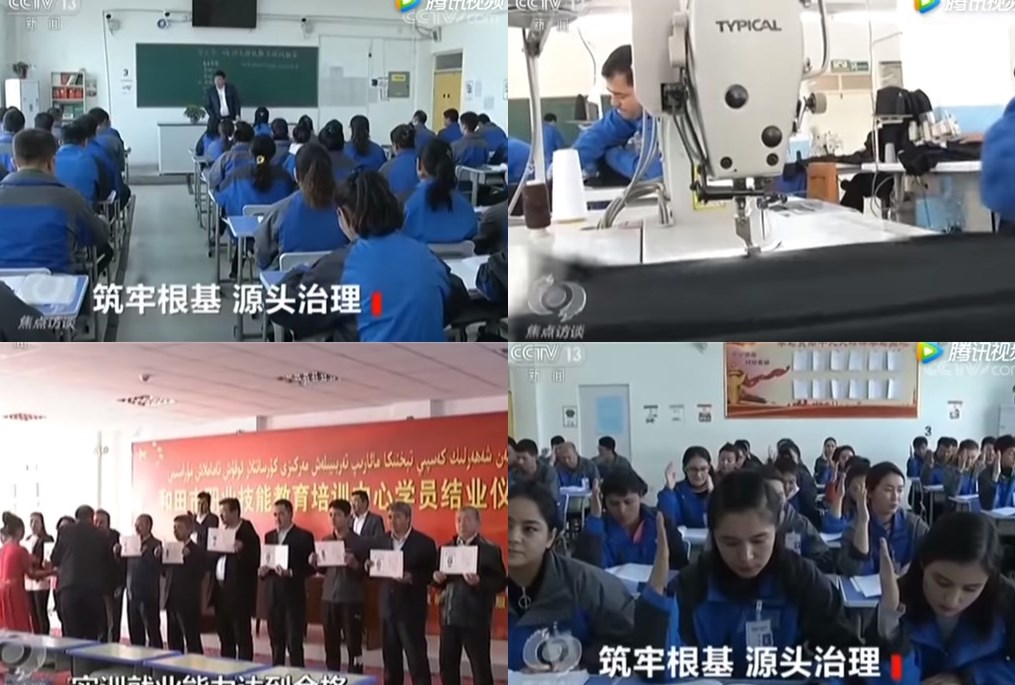By Omer Kanat, Director, Uyghur Human Rights Project
On November 6, states will ask direct questions to China’s UN delegation in Geneva about its human rights record. The stakes for the Uyghur people have never been higher. We are experiencing an unprecedented crackdown designed to stamp out our religion, our language, our family life, our very identity.
Since 2017, the Chinese government has interned over a million Uyghurs and other Turkic Muslims in a system of camps whose scale is breathtaking. Another two million people, according to estimates, are forced to attend day and evening ‘study sessions.’

Credible reports detail deaths and torture in custody. The rapid expansion of the camp system, recently documented by the BBC, indicates the Chinese government has no plan to end this brutal campaign of secret arbitrary detention.
The children of detainees have been forcibly sent to state orphanages, where they are required to speak only Chinese. They may never see their parents again. Media reports from the New York Times, Radio Free Asia, and the Financial Times describe the startling extent of family separations. One county in Kashgar Prefecture built 18 new orphanages in 2017 alone.
The Chinese authorities have also targeted Uyghur academics and writers. The Uyghur Human Rights Project identified 231 intellectuals who have been forcibly disappeared, interned in camps, removed from their posts or given long prison sentences since April 2017. This is likely just the tip of the iceberg.

Just in the past month, word reached the outside world that authorities are secretly transporting Uyghur prisoners by train, some to places as far away as Heilongjiang in northeast China. This mass transfer to unknown destinations, which may involve tens of thousands of people, creates the conditions for even more nightmarish scenarios.
Although China’s constitution guarantees freedom of religion, numerous Uyghur citizens have been hauled away for wearing Islamic clothing, praying, reading the Quran, fasting during Ramadan, teaching religion to their children, or greeting each other with the traditional Islamic greeting “Peace be unto you.”
Now is the time to raise the alarm. China must be held to account for the mass internment of Uyghurs. These six questions demand an urgent response from the Chinese government:
- Can China confirm reports that more than a million Uyghurs and other Turkic Muslims are being held in internment camps, and that a further two million are forced to undergo day and evening political indoctrination sessions?
- What were the circumstances of the deaths in custody of Muhammad Salih Hajim, Abdulehed Mehsum, Abdusalam Mamat, Yasinjan, and Yaqupjan Naman?
- Why have Uyghur children been taken away from relatives who want to care for them and placed in state orphanages?
- Why have Uyghur intellectuals been forcibly disappeared, interned in camps, removed from their posts or given long prison sentences?
- How many Uyghur detainees is China are being secretly transferred out of the Uyghur region?
- Can the government explain how normal religious practices, shared by a billion Muslims around the world, are grounds for detention in China?

Uyghurs around the globe are looking for answers to these questions. Many scholars and independent observers have already described the Chinese government’s treatment of Uyghurs as ethnic cleansing and a case for crime against humanity.
“Uyghurs are being monitored everywhere.” – Omer Kanat; Chmn. of Exec. Cmte, @UyghurCongress on #Uyghur #Uighurs #China #HumanRights pic.twitter.com/u1lwPiyqqS
— CNN Today (@cnntoday) September 10, 2018
How many more Uyghurs will be put in internment camps and how many more will die in custody before the international community recognizes the suffering of the Uyghur people and speaks up? When Uyghurs speak up about the abuses in their homeland, their relatives are hauled away. Democratic governments have a responsibility to speak for the vulnerable and voiceless.
Omer Kanat is Director of the Uyghur Human Rights Project (UHRP), a human rights research and advocacy organization based in Washington, DC. Prior to joining UHRP in 2017, he was Director of the International Uyghur and Human Rights and Democracy Foundation.
